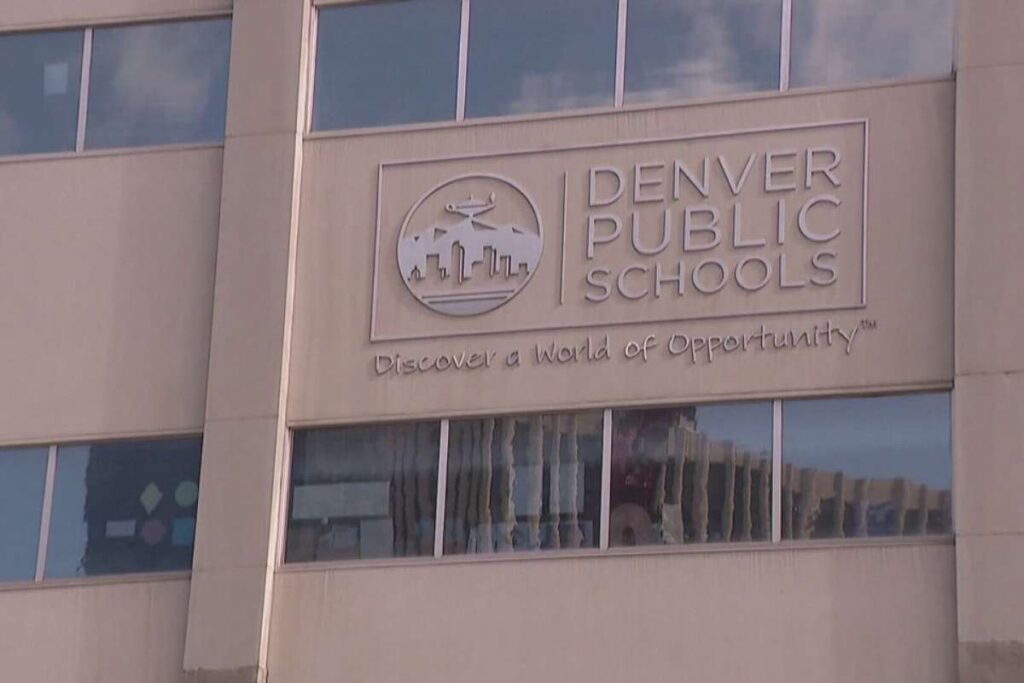Schools to Close Due to Staff Shortages
Denver Public Schools (DPS) has announced the closure of several schools on Thursday, March 20, due to an expected shortage of staff. The closure comes as the Colorado Education Association organizes a statewide “No More Education Cuts” protest at the State Capitol to oppose projected reductions in education funding.
In a letter addressed to parents and guardians, Denver Public Schools (DPS)stated that it has been closely monitoring staff absence requests to determine which schools can remain operational. While emphasizing its support for fully funded education, the district acknowledged concerns over disruptions to students’ learning due to the protest.
To provide clarity, DPS opted to release a list of 30 district-managed schools and 55 charter schools or innovation zones that will remain open, rather than specifying which schools would close. Parents were also advised to check emails from school administrators for information about classroom-specific impacts. The district further mentioned plans to deploy substitute teachers and central office staff to keep some schools running. However, staff at closed schools will still be required to report to work on a non-student contact day. Despite the disruptions, breakfast and lunch services will be available at all schools, and normal operations will resume district-wide on Friday.
Other School Districts Also Impacted
Denver Public Schools (DPS) is not the only district affected by the protest, Boulder Valley School District and Adams 12 Five Star Schools have also announced class cancellations for Thursday. These decisions come in response to a $1 billion budget shortfall in Colorado, which has prompted state lawmakers to reassess funding allocations.
Governor Jared Polis has proposed a new funding formula that bases per-pupil funding on a single-year student count rather than the current five-year average. Polis argues that this approach will more accurately distribute funds based on actual student attendance rather than vacant seats. However, education officials worry that the change will result in substantial funding cuts for already underfunded schools.
Initial estimates suggested that the new formula could lead to a $150 million reduction in education funding. However, Polis’s office has countered that his proposed budget would actually increase funding by $138 million, raising per-student spending by an additional $388. The disagreement over the impact of the funding changes has fueled concerns among educators and school administrators.
Lawmakers Seek Compromise on Funding Formula
Denver Public Schools (DPS) Amid widespread concerns over the funding formula, Colorado House Speaker Julie McCluskie has introduced a proposal to ease the transition to the new system. Her plan would reduce the estimated funding cut from $150 million to $50 million, ensuring that all 178 school districts either receive new funds or maintain their current budget levels.
McCluskie expressed optimism about finding a balanced solution, stating that her proposal would uphold the financial commitments made to schools while mitigating the impact of budget shortfalls. “Schools this year, with my proposal, will get what they received this year in funding or more—just not as much more as we’d hoped for the 2025-26 school year,” she explained.
In response, Governor Polis’s office reiterated the importance of basing education funding on actual student numbers rather than multi-year averages. His administration remains engaged in negotiations with school districts to address concerns while moving toward a more precise funding model. Discussions between lawmakers and education leaders are ongoing as they seek a compromise that safeguards school resources while aligning with budget constraints.

